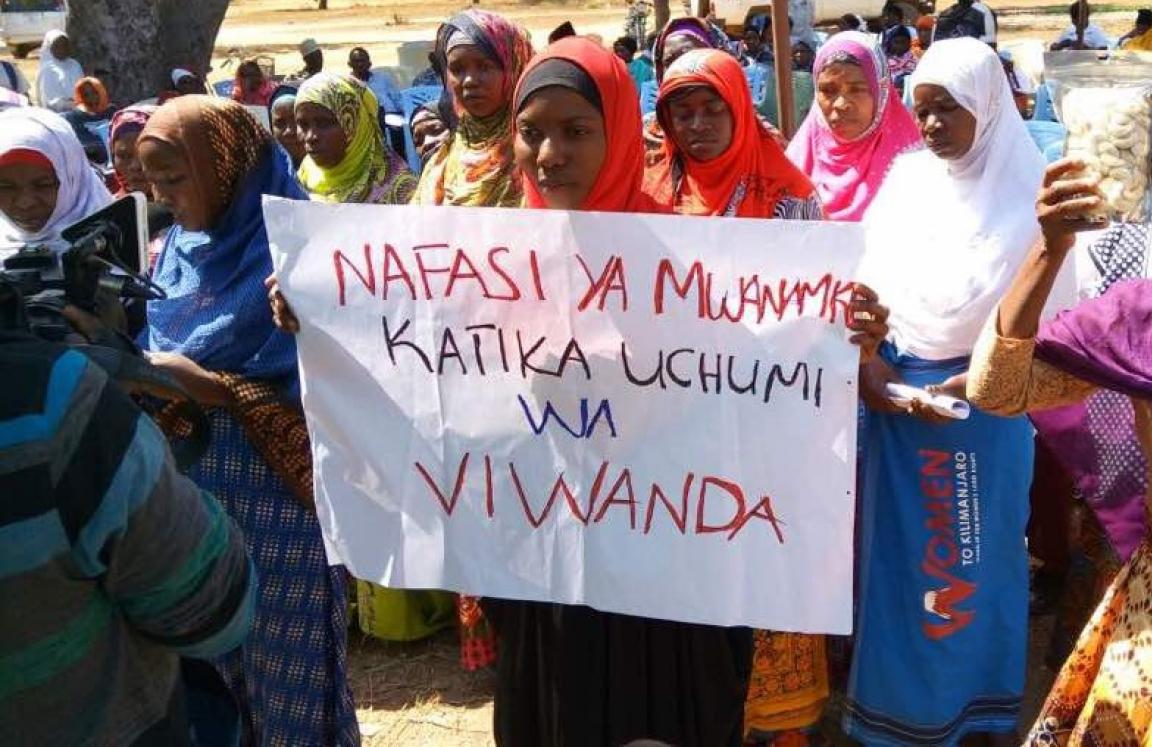
Women's Economic Justice
Even though the role of women is key in the maintenance of the society, women are the most disadvantaged in terms of accessing decent work and income generating opportunities owing to limited access and control over resources, lack of education and training opportunities and decision-making power.Women also face difficulties in translating their labour into gainful and productive work that could ultimately lead to reduction of poverty
We focus on women’s economic empowerment interventions as a means to enhance women’s ownership of resources and enhance their decision-making roles at household and community level thereby addressing VAW.We will work with women and their organisations for the recognition,value and redistribution of women's unpaid care work
What we do
We work to:
- Conduct research to explore provisions, opportunities and challenges on women’s access to productive resources
- Build solidarity with women's rights focussed organizations and movements to advocate for womens economic rights
- Develop the capacity of womens in advocating for increased budget allocation to women economic development
- Support women and their groups on income generating programs and creating market linkages to improve their livelihoods enhance women’s, recognition and decision making power
- Undertake skills development programs aimed at advancing women economic empowerment
- Assess and examine existing policies, strategies and practices on women’s care work and share the outcome to key actors for action
- Develop the capacity of young women and men to analyse unpaid care work and challenge gender norms that contribute to unequal distribution of care work.
- Mobilize youth and women organizations and movements and engage with policy makers to advocate and influence enactment/reinforcement of policies for recognition and fair re-distribution of care work burden between women and men
- Build alliance among women and youth organizations and movements with regional and international CSOs, networks and movements in advocating for recognition of care work on national policies